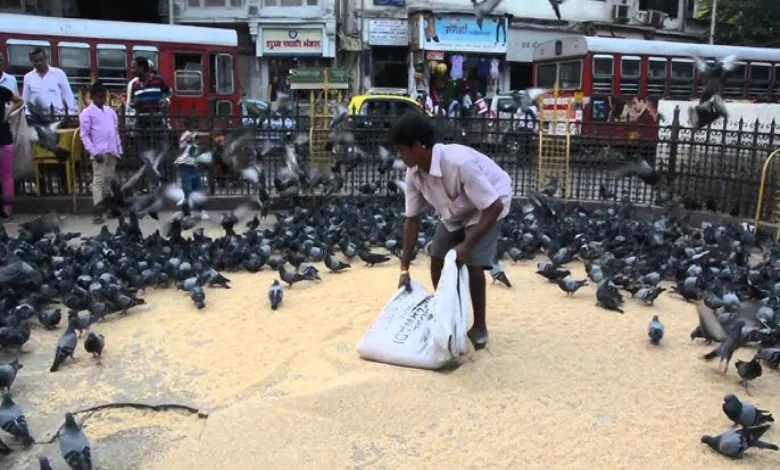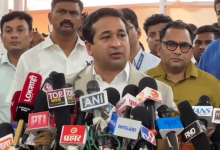Mumbai Enforces Pigeon Feeding Ban: Health Officials Cite Rising Disease Risks & Property Damage

Mumbai: In a bold step to safeguard public health, the Maharashtra government has ordered the Brihanmumbai Municipal Corporation (BMC) to immediately close all ‘kabootar khanas’ designated pigeon feeding areas in Mumbai. The decision stems from mounting evidence linking pigeon droppings and feathers to serious respiratory illnesses, prompting urgent action to curb the risks.
The issue gained traction after Shiv Sena leader and MLC Manisha Kayande raised concerns in the Maharashtra Legislative Council, pointing out that pigeon waste in densely populated areas is fueling a rise in lung-related diseases. BJP leader and Council member Chitra Wagh added a personal note, revealing, “My aunt succumbed to respiratory complications caused by prolonged exposure to pigeon droppings.”
Health Risks of Pigeons Explained
Though often seen as harmless urban dwellers, pigeons carry pathogens that pose significant threats to human health. Their droppings can harbor dangerous fungi and bacteria, such as Cryptococcus neoformans, Histoplasma capsulatum, and Chlamydia psittaci, which are linked to severe conditions like:
Histoplasmosis: A lung infection caused by inhaling spores from dried droppings.
Cryptococcosis: A fungal illness affecting the lungs and nervous system.
Psittacosis: A pneumonia-like disease also known as “parrot fever.”
A study in the Journal of Infection and Public Health highlights that urban pigeon populations can serve as breeding grounds for emerging pathogens, potentially triggering future health crises. Mumbai’s warm, humid climate exacerbates the problem, creating ideal conditions for these microbes to flourish.
Why Pigeons Pose an Epidemic Risk
Health experts warn that pigeon droppings can break down into fine dust, becoming airborne during cleaning or windy conditions. Inhaling these particles can lead to chronic respiratory issues, particularly for vulnerable groups like children, the elderly, and those with compromised immune systems. A National Institutes of Health report underscores the need for proactive measures, noting that unchecked pigeon populations in cities could contribute to the next zoonotic outbreak.
Steps Toward a Healthier Mumbai
In addition to closing feeding spots, the BMC plans to launch public awareness campaigns to educate residents about the dangers of feeding pigeons, which not only threatens human health but also strains city sanitation efforts. Authorities are urging people to avoid direct contact with pigeons and their droppings, use protective masks when cleaning affected areas, and report unsanitary conditions to civic officials.
As Mumbai takes decisive action, the focus remains on balancing public health with urban coexistence, ensuring a safer environment for all residents.




